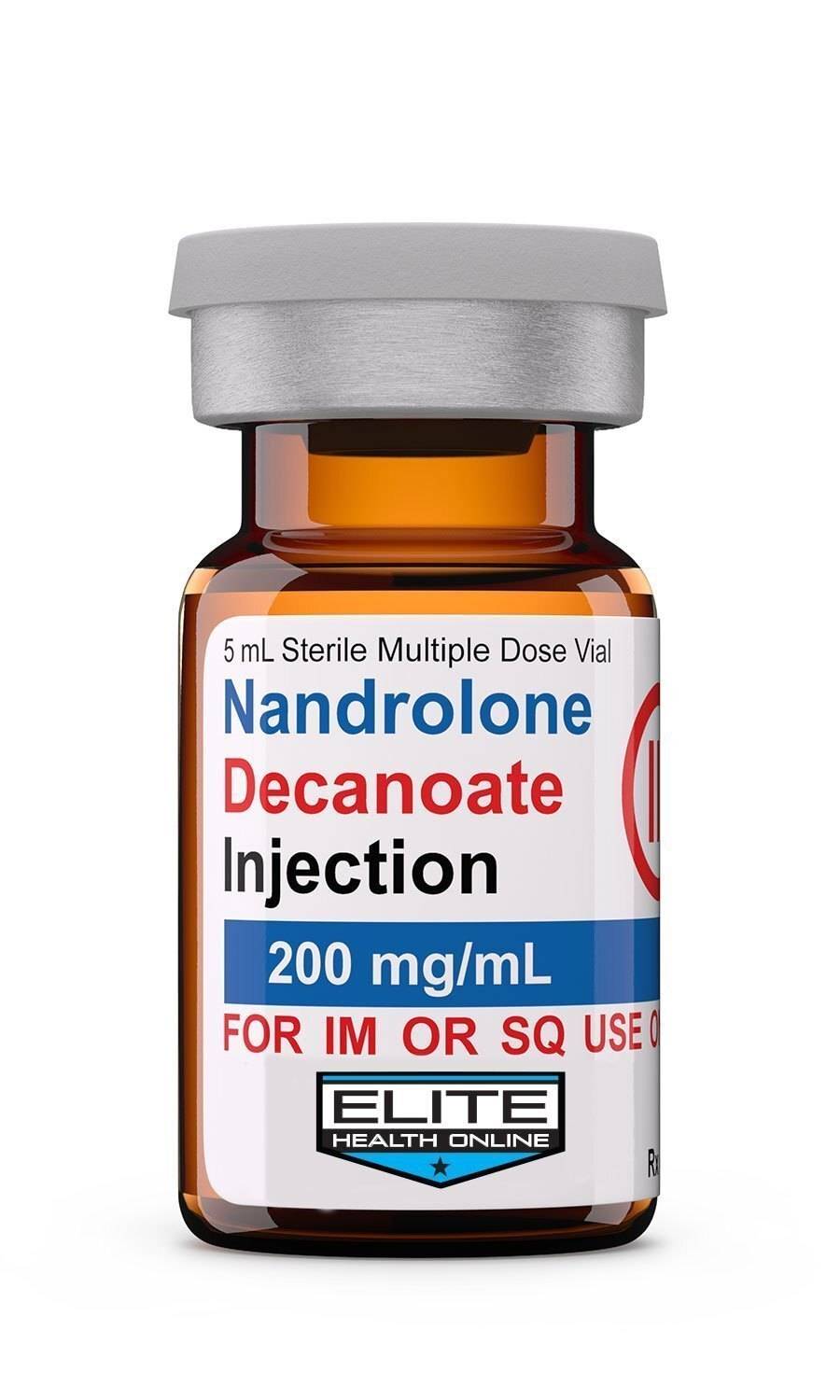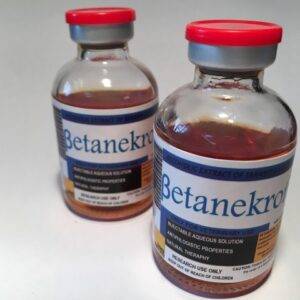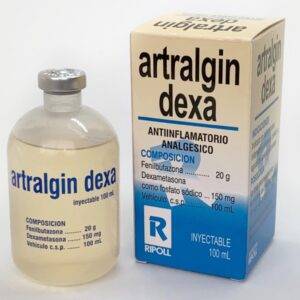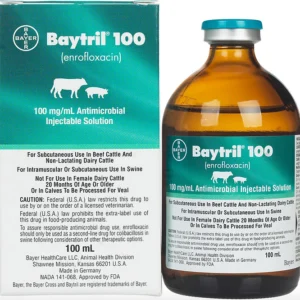Nandrolone Decanoate Injection is a powerful anabolic-androgenic steroid (AAS) widely recognized for its long-lasting effects and medical applications. Originally developed for clinical use in anemia, osteoporosis, and muscle-wasting conditions, it is also popular in the fitness and bodybuilding community for its ability to promote lean muscle mass, improve recovery, and increase strength.
As a depot injection, Nandrolone Decanoate provides a sustained release of nandrolone into the bloodstream, requiring less frequent dosing compared to other anabolic agents.
Key Features & Benefits
Promotes Muscle Growth – Increases lean muscle mass and nitrogen retention.
Medical Use – Prescribed for anemia and muscle-wasting conditions.
Bone Health – Helps improve bone density in osteoporosis patients.
Long-Acting Formula – Slow release with injections every 1–4 weeks.
Veterinary Use – Sometimes used in animals for recovery and weight gain under professional supervision.
Enhanced Recovery – Reduces fatigue and accelerates tissue repair.
Nandrolone Decanoate Injection Dosage & Administration
Form: Injectable solution (usually 25–100 mg/ml).
Typical Human Dose:
Medical: 50–100 mg every 3–4 weeks.
Bodybuilding (non-medical use): 200–600 mg weekly ( not recommended due to health risks).
Administration: Intramuscular injection (IM).
Half-life: ~6–12 days.
Possible Side Effects
Like all anabolic steroids, Nandrolone Decanoate carries potential health risks, especially with misuse:
Hormonal imbalance (testosterone suppression)
Fluid retention and bloating
Acne and oily skin
Gynecomastia (male breast tissue growth)
Changes in liver function and cholesterol levels
Virilization in women (deep voice, facial hair, etc.)
Important: Use should only be under medical supervision. Misuse for performance enhancement is linked to serious health consequences.
Precautions & Warnings
Contraindicated in pregnancy, prostate cancer, or breast cancer in men.
Can cause long-term hormonal suppression.
May require post-cycle therapy (PCT) when discontinued (in non-medical contexts).
Not recommended for individuals with cardiovascular, kidney, or liver disease.
Nandrolone Decanoate Injection
Nandrolone for muscle growth
Medical Applications in Veterinary Practice
Anemia Management:
Pure red cell aplasia (PRCA) is a disorder that leads to a nonregenerative anemia that results from erythroid precursors failing to reach maturity in the bone marrow, whereas the numbers of mature myeloid and megakaryocytic cells remain normal.
Debilitating Conditions:
Chronic kidney disease with associated anemia
Post-operative recovery support
Geriatric muscle mass maintenance
Stress-related conditions (weaning, environmental changes)
Fracture healing support
Side Effects and Considerations
Potential Adverse Effects:
Side effects of nandrolone decanoate may include symptoms of masculinization like acne, increased hair growth, and voice changes.
Behavioral Changes:
Increased aggression or stallion-like behavior in castrated males
Behavioral changes in female animals
Potential mood alterations
Professional Oversight Required
Veterinary Prescription:
Prescription-only medication
Professional assessment needed for appropriate use
Monitoring required throughout treatment course
Consideration of withdrawal times for competition animals Nandrolone Decanoate Injection





Reviews
There are no reviews yet.